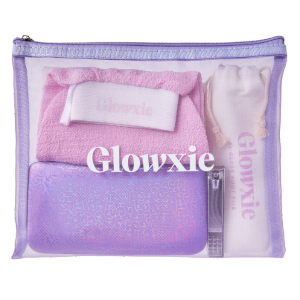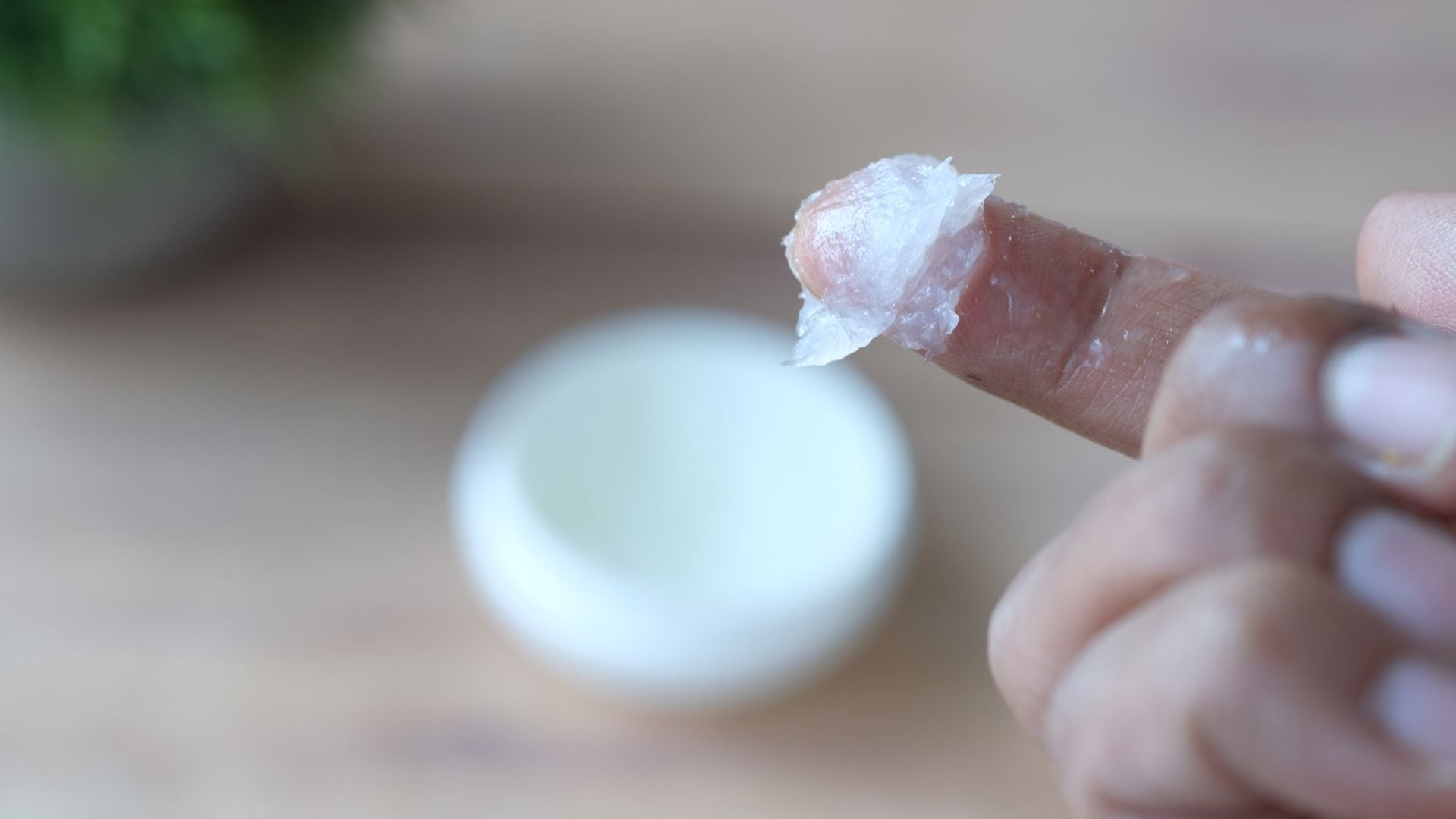Footcare Myths: Is Vaseline good for your feet?
Taking care of our feet is essential for overall health and well-being. However, there are numerous misconceptions circulating about footcare, and one popular myth is whether Vaseline is good for your feet. In this article, we will debunk the myths and uncover the truth behind Vaseline and its role in footcare.
Understanding Footcare Myths
Before we delve into the Vaseline debate, let's address some common misconceptions about footcare. Many people believe that foot problems only occur if you neglect your feet or wear ill-fitting shoes. However, foot issues can arise due to various factors, including genetics, underlying medical conditions, and improper foot hygiene.
It's important to debunk such myths to ensure that we take the necessary steps to maintain healthy feet.
Common Misconceptions about Footcare
One of the common misconceptions is that foot problems, such as bunions or corns, are solely caused by wearing tight shoes. While ill-fitting footwear can exacerbate these conditions, they are usually caused by biomechanical issues or genetic predisposition.
For example, bunions, which are bony bumps that form at the base of the big toe, can be caused by an inherited faulty foot structure. Wearing tight shoes may aggravate the condition, but it is not the sole cause. Similarly, corns, which are thickened areas of skin, can develop due to excessive pressure or friction on specific areas of the feet, not just from ill-fitting shoes.
Another myth is that foot pain is a normal part of aging. Yes, aging can lead to wear and tear on our feet, but persistent pain should not be dismissed. It's essential to address any discomfort and seek appropriate treatment, regardless of age.
As we age, the fat padding on the soles of our feet naturally thins out, making us more susceptible to foot pain. However, chronic pain in the feet can be a sign of underlying conditions such as arthritis, nerve damage, or plantar fasciitis. Ignoring foot pain can lead to further complications and a decreased quality of life.
The Role of Moisturizers in Footcare
Moisturizing our feet is a crucial aspect of footcare. Our feet lack natural oils, and dry skin can lead to cracked heels and discomfort. Using moisturizers helps keep the skin hydrated and healthy.
There are various moisturizers available specifically designed for footcare, containing ingredients like shea butter, urea, or glycerin. These ingredients help to lock in moisture and prevent dryness. Regular moisturizing can also help prevent conditions like athlete's foot, as dry skin is more prone to cracking and allowing fungal infections to take hold.
But what about Vaseline? Let's explore the truth behind this common household product.
Vaseline, also known as petroleum jelly, is a popular choice for moisturizing the skin due to its occlusive properties. It forms a protective barrier on the skin's surface, preventing moisture loss. While Vaseline can be used as a temporary solution for dry feet, it is not a long-term solution.
When applied to the feet, Vaseline can create a slippery surface, making it challenging to walk or wear shoes comfortably. Additionally, it does not penetrate the skin deeply enough to provide long-lasting hydration. Therefore, it is recommended to use dedicated foot moisturizers that are specifically formulated to address the unique needs of the feet.
Furthermore, Vaseline is not suitable for all foot conditions. For example, if you have open sores, wounds, or fungal infections, it is best to consult a healthcare professional for appropriate treatment rather than relying solely on Vaseline.
In conclusion, while Vaseline can offer temporary relief for dry feet, it is essential to choose appropriate footcare products that are specifically designed to provide long-lasting hydration and address specific foot conditions.
The Truth about Vaseline
Vaseline, also known as petroleum jelly, has been a staple in many households for decades. It's a versatile product that can be used for various purposes, including skincare.
What is Vaseline?
Vaseline is a semi-solid mixture of mineral oils, paraffin, and microcrystalline wax. It forms a protective barrier on the skin's surface, preventing moisture loss and providing a barrier against external irritants.
The Benefits of Vaseline for Skin
Vaseline has several benefits for the skin. It is excellent at moisturizing and soothing dry, rough patches, including on hands, lips, and yes, even feet. When applied to the skin, it forms a barrier that locks in moisture, preventing dryness and promoting softness.
Additionally, Vaseline can also be used as a protective layer for minor cuts, scrapes, or burns, allowing the skin to heal more effectively.
Vaseline and Footcare
So, can Vaseline benefit our feet? The answer is yes, but with some caveats.
How Vaseline Works on Feet
When applied to the feet, Vaseline can provide temporary relief to dry and cracked heels. It helps seal in moisture, alleviating discomfort and promoting healing. For best results, it is recommended to apply Vaseline to clean, dry feet and cover them with socks overnight. This allows the product to penetrate deeper and provide maximum hydration.
Potential Risks and Drawbacks
While Vaseline can be beneficial for footcare, it's important to note that it may not be suitable for everyone. Some individuals may experience clogged pores or irritation from prolonged use. Additionally, if you have specific foot conditions, such as fungal infections or open wounds, it's best to consult with a healthcare professional before using Vaseline or any other moisturizer.
Alternatives to Vaseline for Footcare
If Vaseline isn't the right fit for you, there are alternative options available to care for your feet.
Natural Moisturizers for Feet
Natural moisturizers, such as coconut oil or shea butter, can provide similar benefits to Vaseline. These products hydrate the skin without clogging pores, making them suitable for individuals with sensitive skin.
Over-the-counter Footcare Products
Pharmacies offer a wide range of footcare products specially formulated to treat dry and cracked skin. Look for creams or ointments containing ingredients like urea or lactic acid, which help exfoliate dead skin cells and promote moisture absorption.
Expert Tips for Healthy Feet
Proper foot hygiene practices are essential to maintain healthy feet. Here are a few expert tips to incorporate into your footcare routine:
Proper Foot Hygiene Practices
- Wash your feet daily with warm water and mild soap. Be sure to thoroughly dry them, especially between the toes, to prevent fungal infections.
- Keep your toenails trimmed and avoid cutting them too short to prevent ingrown nails.
- Wear properly fitting footwear that provides adequate support and cushioning. Avoid tight or pointed-toe shoes whenever possible.
When to Seek Professional Help
While many foot issues can be managed with self-care, it's crucial to know when to seek professional help. If you experience persistent pain, swelling, or signs of infection, it's advisable to consult a podiatrist or healthcare provider. They can provide a proper diagnosis and offer appropriate treatment options tailored to your specific needs.
Remember, footcare myths can often be misleading. It's essential to separate fact from fiction to ensure you are taking the best possible care of your feet. Whether you choose Vaseline or an alternative moisturizer, maintaining proper foot hygiene practices and seeking professional help when needed will go a long way in keeping your feet happy and healthy.





